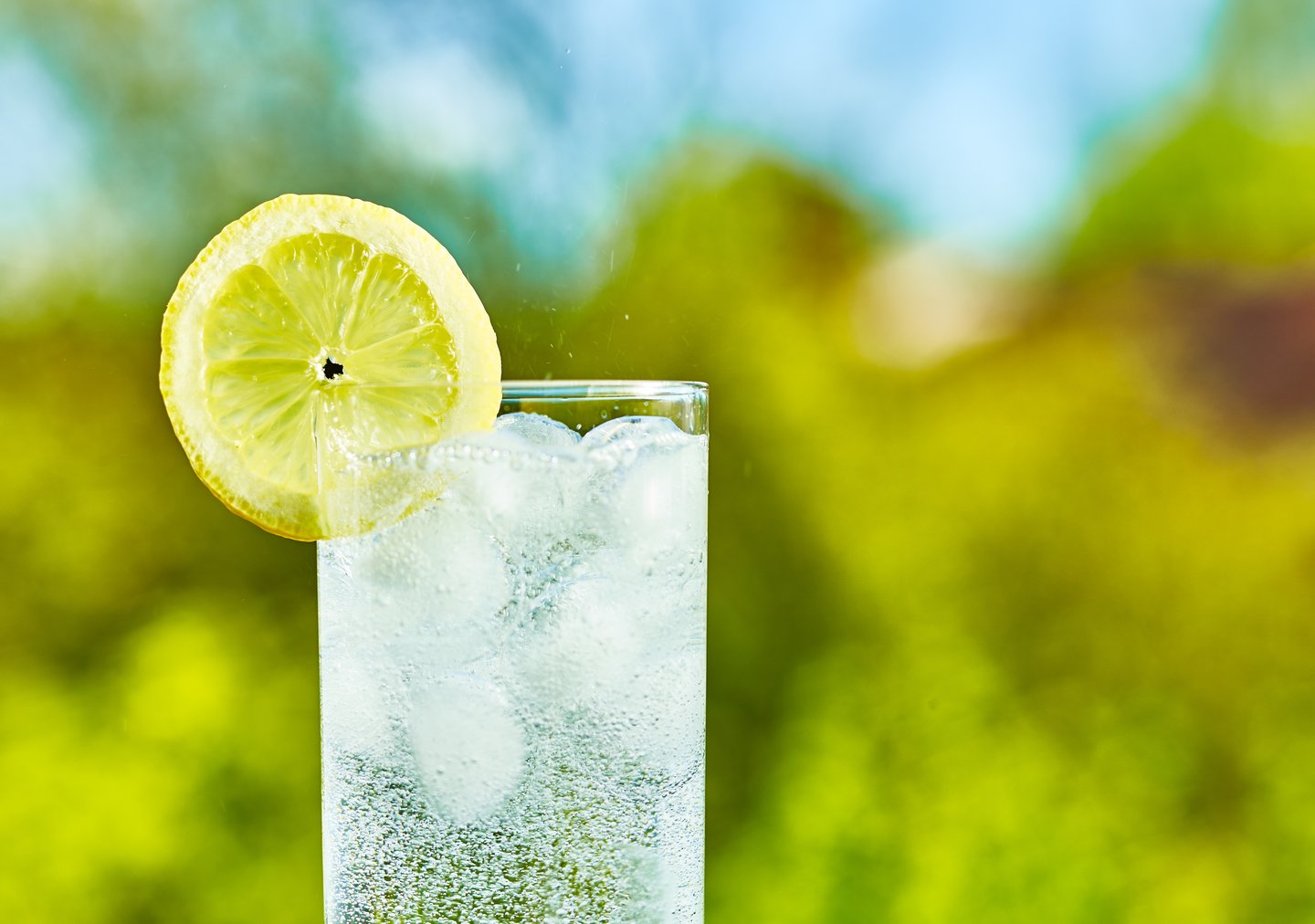Is sparkling water good or bad for your health? Here's what the science says
Over the past decade, the rejection of soft drinks and sugary drinks due to their negative health effects, including the promotion of obesity, has led to a shift in consumer demand. We are now looking for water with new flavours and products with nutritional value and beneficial health effects—without giving up on taste.
Among the various options on the market is sparkling water. But is it really a good choice? This alternative to carbonated, sugary drinks certainly has its advantages: It's effervescent, is refreshing—which helps quench thirst—and contains no sugars or calories.
In Quebec, the volumes sold of sparkling water experienced an impressive growth of 97% between 2012 and 2019. In 2018-2019, the consumption of sparkling water represented 6% of the non-alcoholic beverage market.
Rich in minerals
Carbonated waters are nothing more than water that contains dissolved carbonic acid. This compound gives sparkling water its slightly bitter taste and effervescence. Among its distinctive characteristics, its concentration of minerals (calcium, magnesium) is often higher than plain water. It also has a higher osmolarity (total concentration of substances dissolved in a liquid) and a basic pH (the pH of pure water is neutral). The mineral content varies mainly depending on the brand.
Read: Fibre is the body’s natural guide to weight management
But what about its ability to hydrate? Although this aspect has not been studied enough, it seems to be as effective as plain bottled water or tap water.
In 2009, the World Health Organization highlighted the importance of the composition of the water we drink. More specifically, WHO insisted on the need to consume water with a high content of calcium and magnesium. Since sparkling water has a high concentration of these minerals, it largely meets the WHO recommendation.
What are the health effects?
It was not until the 20th century that the first epidemiological data appeared establishing a link between the consumption of sparkling water and (good) health.
These positive effects seem to be related to the amount of minerals they contain. Although more studies are needed, it seems that bubble options would have advantages—with a few nuances:
1. Digestive or gastrointestinal function: Several studies suggest that sparkling water improves swallowing—including in patients with dysphagia—and relieves dyspepsia. In addition, it would help reduce constipation and produce a feeling of satiety, virtues that could help reduce body weight.
But there is also evidence to the contrary. Studies in vitro and in healthy young people have shown that drinking carbonated water increases levels of ghrelin (the hormone responsible for increasing appetite). It can also promote bloating and gastric discomfort, possibly due to the action of carbonic acid.
2. Urinary function and prevention of kidney stones: An Australian study suggests that drinking carbonated water daily can prevent the formation of kidney stones. The bicarbonate content and the increase in the alkaline load and the urinary pH would prevent the aggregations of calcium oxalate. In the long term, water rich in calcium, magnesium and bicarbonate would have advantages in this regard. It is therefore advisable to carefully read the labels of the bottles to assess their mineral composition.
On the other hand, another article indicates that the consumption of soft drinks increases the risk of urinary stress incontinence or overactive bladder in women over 40 years of age.
3. Reduced cardiovascular risk: Science confirms the importance of proper hydration for maintaining metabolic health, reducing cardiovascular risk and metabolic syndrome, and preventing hypertension. Specifically, studies indicate that mineral-rich waters—including those containing carbonic acid—are beneficial for regulating blood pressure. This is due to the alkaline effect and the intake of magnesium or calcium, which improve the mechanisms of vasoconstriction and the heart rate.
At the same time, some research has found that drinking one litre of sparkling water a day appears to reduce cardiometabolic risk markers (cholesterol and glucose). However, sparkling water would not affect triglyceride levels, weight and body mass index.
4. Bone and dental health: There is evidence that drinking one litre of sparkling water daily does not affect bone turnover in postmenopausal women. On the other hand, carbonated water seems to harm the development of teeth from an early age, because it is not fluoridated. However, the tooth erosion potential of carbonated and non-carbonated water is 100 times lower than that of carbonated drinks.
Clearly, more research is needed to better understand the health effects of carbonated water, based on mineral composition. Nevertheless, it can be considered a healthier alternative to low-mineral water—and, of course, sugary drinks or sodas.
This article is republished from The Conversation under a Creative Commons license.
Sofía Pérez Calahorra is a Doctor of Health Sciences, lecturer in nursing sciences, and postdoctoral researcher at IIS Aragón and the University of Zaragoza in Aragon, Spain.
Read: Physical activity may protect women from Parkinson’s disease too

